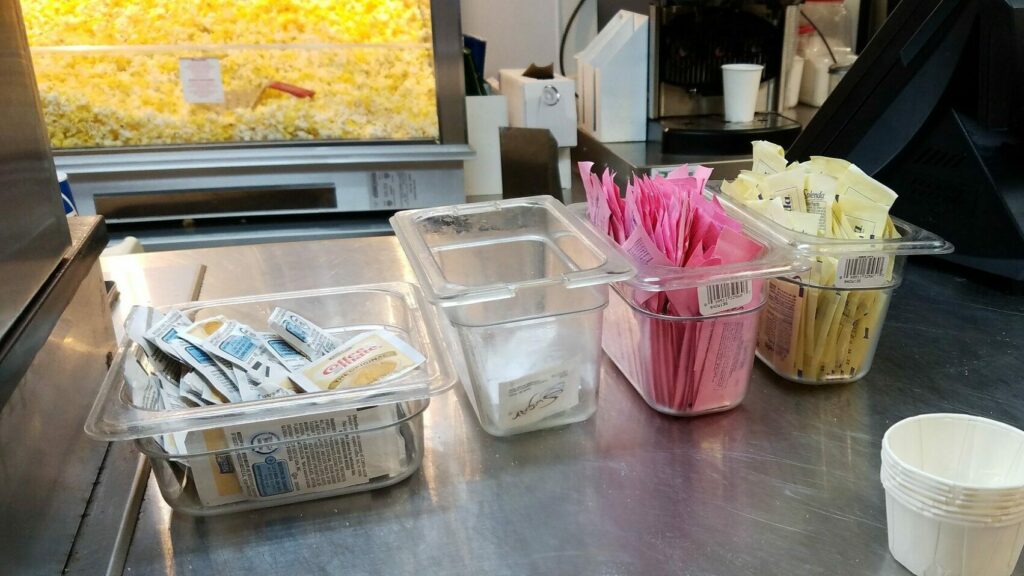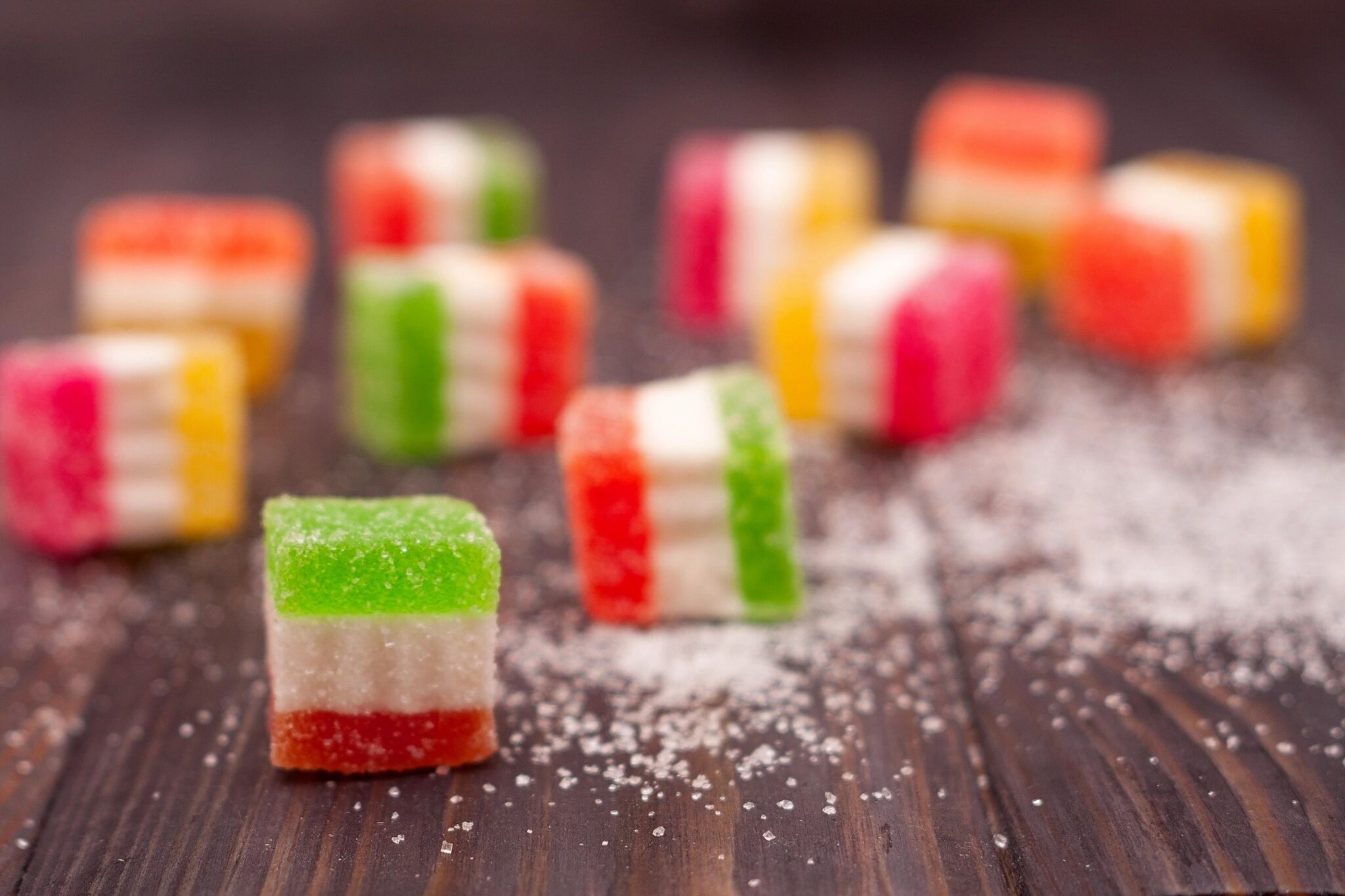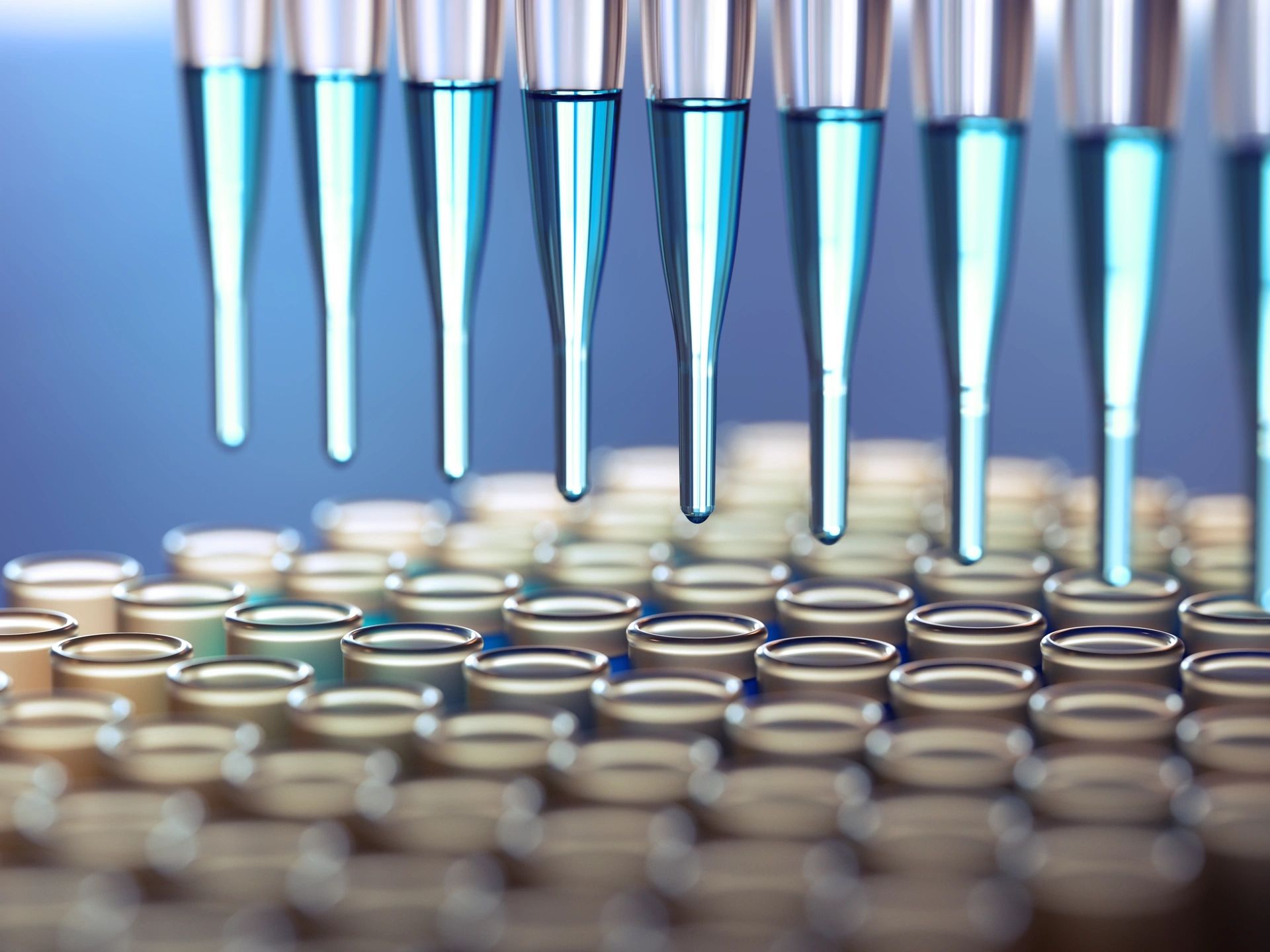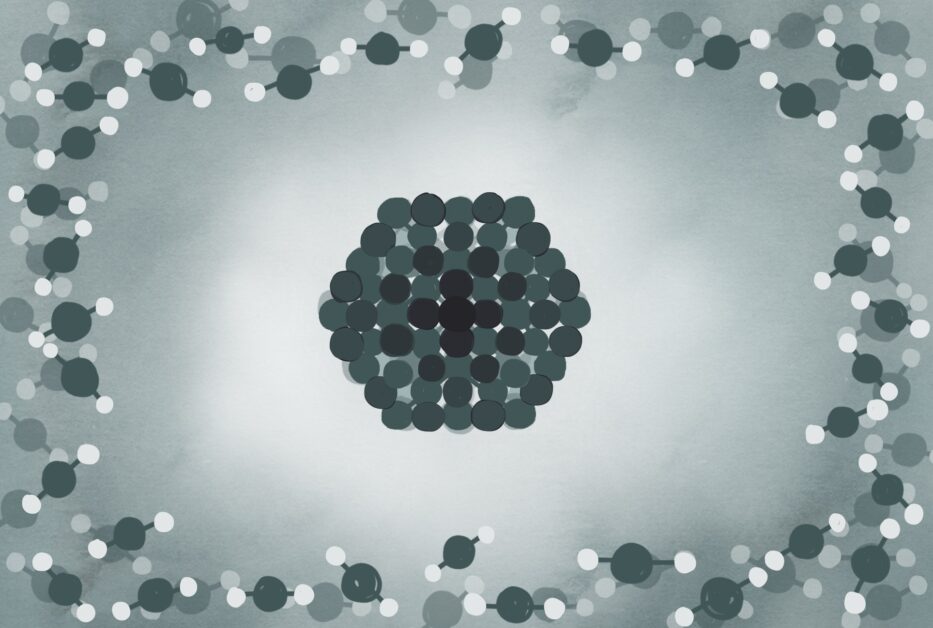Artificial sweeteners may have unintended effects on the body and the biosphere, so it is worth looking into natural sugar alternatives.
Artificial sweeteners are prevalent in many grocery stores, restaurants, and fast-food chains, particularly aspartame (sold as Equal), sucralose (Splenda), saccharin (Sweet’N Low), and acesulfame (Sunett or Sweet One). Society’s food technology has evolved drastically in the past century, enabling us to make these types of commercial sweeteners, which are often added to sodas or other beverages for the taste and low-calorie benefit. Yet changes in the environment are showing that these seemingly innocent beverage additives come with a cost. The sweeteners used as health-promoting sugar substitutes are causing an inadvertent risk to the well-being of human society—the most concerning of which is the pollution of our water supply.
How artificial sweeteners enter the environment
The human body cannot digest artificial sweeteners in the same way as sugar. The body’s digestive system is designed to break down food into its simplest form in order to use those raw materials as power supply. Artificial sugars, as opposed to natural sugars, are largely ignored by the body, meaning that they pass through the body with little change in their composition.

So, artificial sweeteners leave the body and are flushed down the toilet, going into the sewage treatment plant. The treatment system does not possess the technology to remove these chemicals, which are infinitely miscible (able to dissolve easily and completely in water). Because of this, they are largely able to go undetected through the treatment system and pass into the biosphere.
Effects on the biosphere
Although some effects of sweeteners on the biosphere aren’t as easy to discover or understand, the main impact of sweeteners involves the way they interfere with protein molecules.
We already see the chemical effects of sweet additives. Studies performed on artificial sweeteners’ impact on plants showed that these sweeteners drastically affected the plants’ ability to perform photosynthesis. Besides these sweeteners’ potential to affect plants, the chemicals flow back into our drinking water as well, potentially causing health problems for others drinking the water, not just for those who choose to use additive sweeteners.
UVA radiation helps with the decomposition of fake sugars, which helps further the sweetener pollution. The sweetener pollution seems to be affecting aquatic life first. Algae and water fleas are the first to experience damage by sweetener residues. This then affects the larger sea animals.
Effects on the body
In addition to looking at how the biosphere could be negatively impacted, studies are currently being done to assess the actual health benefits of certain sweeteners. Evidence points to the idea that artificial sweeteners are contributing to the increase in obesity. When a person eats an additive sweetener, the brain thinks that the body is taking in real sugar, which triggers the release of insulin. The insulin response is powerful because the fake sugar is 200–600 times sweeter than natural plant sugars (sucrose). Insulin is responsible for an increase in appetite, so this extra insulin response can cause the person to eat in excess.
RELATED: HOW NONSUGAR SWEETENERS AFFECT GUT HEALTH
Alternatives to artificial sweeteners
There is still hope for artificial sweeteners. There are currently three sweeteners that qualify as natural replacements for artificial sweeteners: stevia, agave syrup, and tagatose.
Stevia is the most well known since it is added to many foods and is easy to utilize in food production. Agave syrup is made from the agave plant and may have beneficial effects, such as relieving stress and improving overall health. Tagatose, derived from fructose and galactose, is rarer. Natural sweeteners such as these are much safer for the environment and bodily health. Since these sugars are naturally occurring in nature, there is no detrimental effect on the biosphere.
The average American uses up 14 percent of their daily calorie intake on added sugar alone. Although there is a need to reduce intake of harmful additive sweeteners, increasing natural sugar intake to compensate is not recommended. Scientific studies on the use of artificial sweeteners and health consequences are leading to new innovations for safe and healthy sugar alternatives. But for now, stay on the safe side and cut back or cut out the fake sugars. If you use artificial sweeteners, you might consider replacing them with safer, more natural sweeteners such as stevia, agave, or tagatose.




